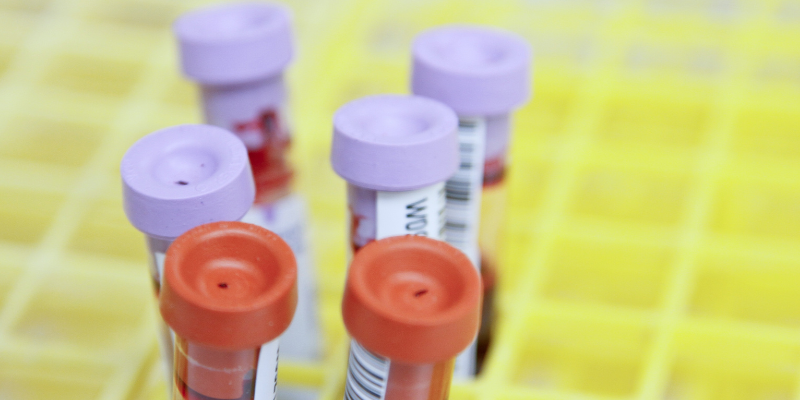Scientists discover promising new way to personalise treatment for patients with cancer and autoimmune diseases

Researchers at the University of Leeds have developed a new diagnostic approach that can quickly identify how a patient is responding to antibody medication.
The technology, which uses special sensors called enzyme switch sensors, can detect the amount of therapeutic monoclonal antibodies (TmAb) that are present in a patient’s system.
TmAbs are medicines that are typically administered to a patient in hospital and work by encouraging the immune system - your body's natural defences - to attack and kill dangerous cells.
They can be found in treatments for cancers such as breast, stomach and skin cancers, as well as autoimmune diseases, including rheumatoid arthritis.
While TmAbs are proven to be effective, each patient will respond differently to treatment, depending on a variety of health factors. They are also very expensive.
Using this new approach, scientists have hopes clinicians will be able to run a quick blood test in hospital to see how many antibodies are in a patient’s system which will help to inform future treatment.
